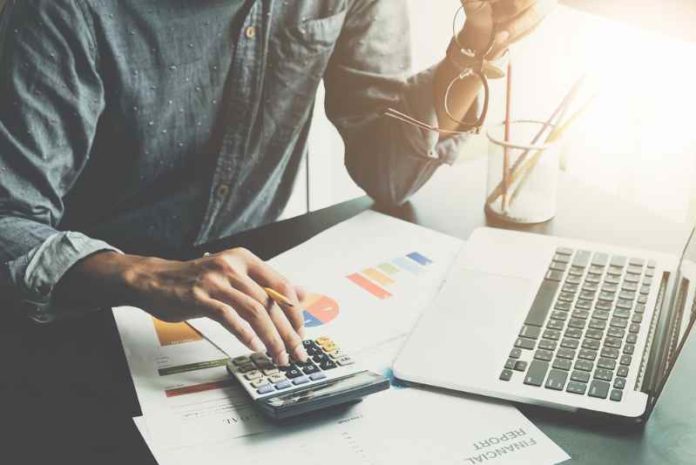By Mike Parkes
Keeping on top of your expenses as a self-employed individual can make a huge difference. Many people still believe that filing expenses requires a lot of work, and therefore this process is sometimes neglected – as many busy sole traders do not believe it to be worth the time it takes.
It’s absolutely true that your time costs money and retaining receipts and entering figures into self-assessment forms at the end of the financial year can be time-consuming. However, there are methods that can be used to make managing expenses and filing claims far easier and quicker. I’ll explain a little more about one particular method – the use of software – later on. But first, let’s look at the types of claims you could be making as a Self-Employed individual.
What Expenses Can You Claim as a Self-Employed Person?
The number and range of costs that can be claimed back as expenses are quite surprising. While travel, rent of office space, business phones and their resulting bills, uniforms and specialist equipment are regularly claimed for, there is actually a great deal more besides that which can be offset.
Depending on the type of self-employed individual you are, you may also be able to claim for business insurance, raw materials, marketing, relevant training courses and the cost of hiring a specialist such as a lawyer or an accountant. The full list can be found here and you can also find more information about expenses on the UK Government website, so be sure to take a look before you start to make any claims, as you may discover options that you weren’t aware of.
This just goes to show that even if you’re not sure about an expense, it’s good practice to see if there is any information on the subject available online as you may be in luck.
What is the Best Approach to Managing Your Expenses?
It’s easy to see expenses claims as a lot of hassle and sometimes, a tangle of sums for very little payoff. But it really shouldn’t take you long, and it’s worth remembering that you could be eligible for hundreds – and even if you’re not, every little helps.
To make things easier for yourself, if you employ an accountant, you should ensure that they retain all records of your running costs, including your receipts. If you accrue anything you believe to be a ‘business’ expense, it should be immediately recorded and filed.
Otherwise, it’s very straightforward to keep track of your expenses yourself. You could try software tools that allows you to photograph receipts and upload expenditure amounts to its memory banks in real-time, ready to be filed with your self-assessment at the end of the financial year with no other work involved.
You can also arrange for the software to inform you where there are costs you can recoup of which you may not otherwise have been aware, saving you even more. Automated systems of this kind can be a lifesaver when you feel you simply don’t have the time to rifle through papers and fill out forms.
When managed properly with efficient software packages and a proactive mindset, claiming your expenses should take no time whatsoever and will go some way towards making your life as a self-employed individual more financially comfortable. It’s important to remember that you should only claim for the costs you have incurred on behalf of your business. Personal expenses and luxuries are not eligible to be claimed back, and you may prompt an HMRC investigation should you appear to be making dubious claims.
It’s been found that self employed individuals could save an average of £355 each per year if they were to take advantage of every possible expense claim for which they were eligible. Taking advantage of expenses will help your funds to stretch far further and relieve a great deal of pressure – so don’t ignore the potential of your receipts.
Mike Parkes is the technical director of GoSimpleTax.
Expenses stock photo by Natee Meepian/Shutterstock







